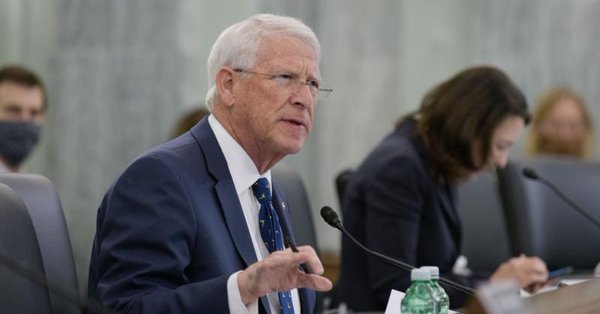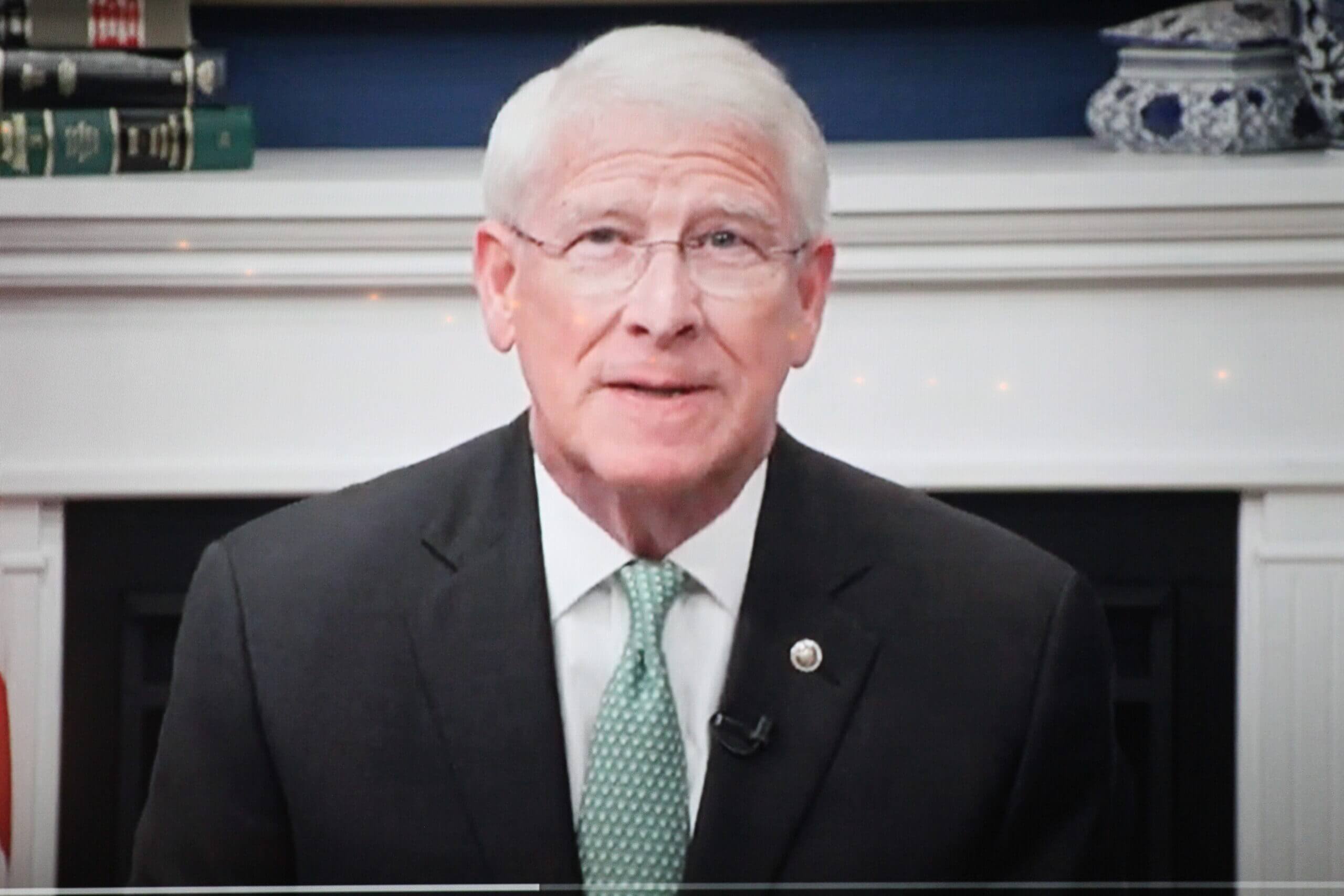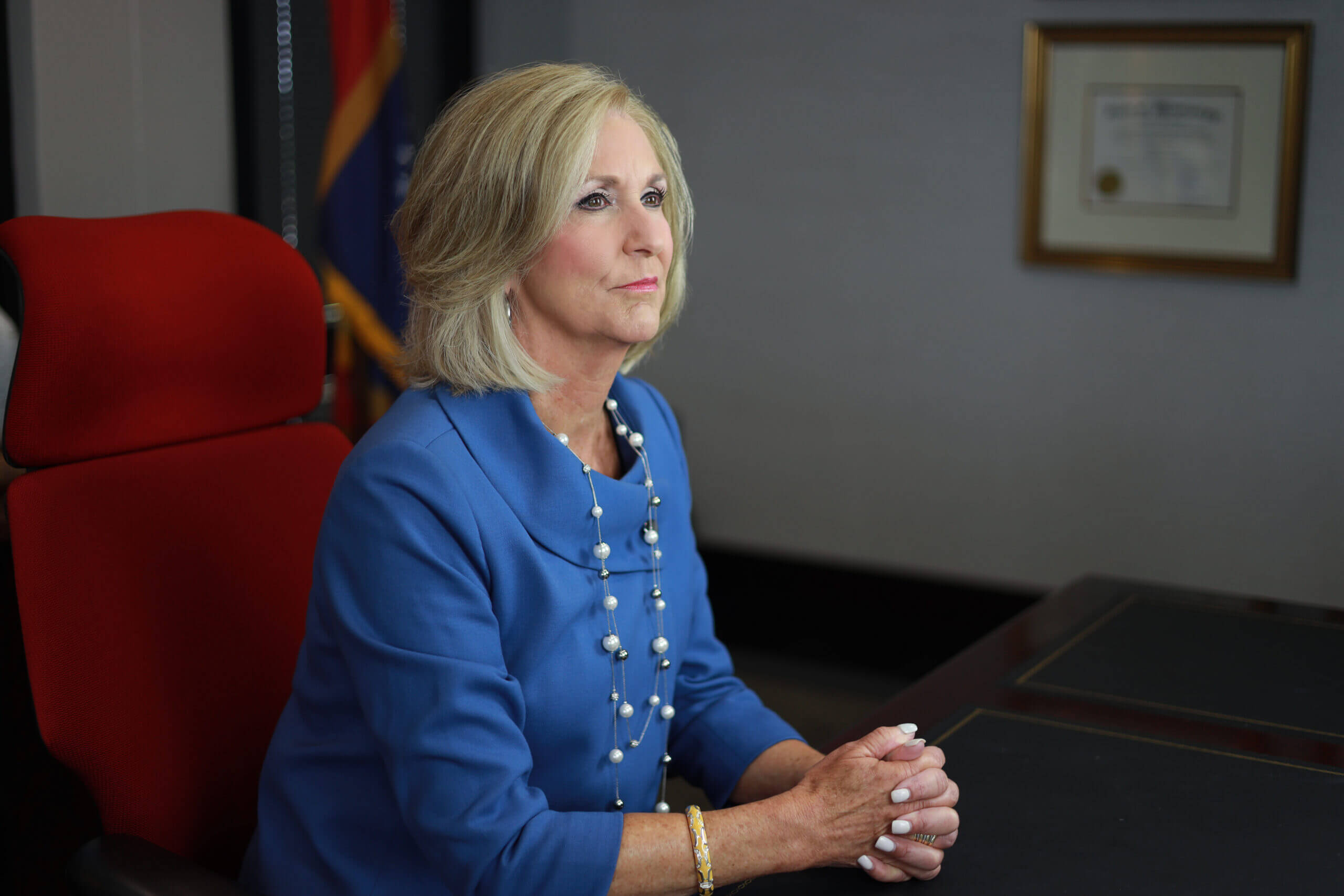Wicker: Supports Coast Guard border security efforts
By Sen. Roger Wicker (R-Miss.)
President’s Border Crisis Lets Drugs Flow Into U.S.
Last month, the U.S. Coast Guard detained 59 migrants sailing near Puerto Rico on the way to entering the United States illegally. The crews transferred the migrants from their vessels onto Coast Guard cutters then returned them to their country of origin. This repatriation mission is a core part of the Coast Guard’s work. But it is increasingly crowding out other responsibilities. In the past 12 months, Guardsmen have had to contend with over 60 vessels in Puerto Rican waters alone.
This is a predictable consequence of the administration’s lax border policies. Since President Biden’s inauguration, the number of migrants trying to enter the U.S. by boat has increased 400 percent. The Coast Guard bears the weight of this swell. To handle this border crisis, they have been forced to divert limited resources away from other responsibilities.
The Coast Guard Protects Our Maritime Border
To view these problems firsthand, I recently joined officials from the Coast Guard and the Department of Defense at several military sites in southern Florida. We discussed ways the force is adapting to the maritime migration surge and how they are tackling transnational criminal organizations.
On my first day with these military leaders, I joined a patrol flight, studying the radar and surveillance tools used to spot illegal migration and drug traffic. The Coast Guard is responding to the spiking maritime migration by transferring more resources to the Florida Straits. Officials have deployed over two thousand members, dozens of ships, and 20 air assets to the region.
Unfortunately, this additional support has not turned the tide. Despite the extra muscle, the Coast Guard is able to stop just 10 percent of the drugs they know are headed for the U.S.
The flow of drugs harms Americans, but the rise in sea-based migration also endangers those making the journey. Many travel in overcrowded, unsanitary vessels. Last year was one of the deadliest in recent memory. Around 65 migrants died on their way to the U.S. When the Coast Guard intercepts these travelers, they are placed on safe ships. But this humanitarian work should not even be necessary. It underscores the precarious situation the president’s border policies have created.
Supporting the Coast Guard’s Work
As the Coast Guard protects our borders, we must support them at home. One immediate way is clear: There is a $3 billion maintenance and repair backlog on Coast Guard ships and equipment. Rebuilding our defense industrial base would help solve this issue, and it is hard to find a better model than Mississippi. Every one of the Coast Guard’s National Security Cutters was built by the team at Huntington Ingalls in Pascagoula. These cutters are the most successful Coast Guard ships ever designed, and they act as a powerful force multiplier for the fleet.
As the senior Republican on the Senate Armed Services Committee, I am pushing legislation that would empower the Department of Defense to address the long-term causes of our immigration and drug trafficking problems. For example, one bill would use our cyber capabilities to target transnational criminal networks. Another would help the Mexican military defend its own country.
Supporting the Coast Guard means equipping them to handle their missions while also solving the deeper issues that cause today’s crisis. These and other efforts would stem the tide of illegal migration and narcotics before it reaches our borders – on land or sea.
Note: This article is the weekly Wicker Report of Sen. Roger Wicker, and is provided by the Senator’s office.



